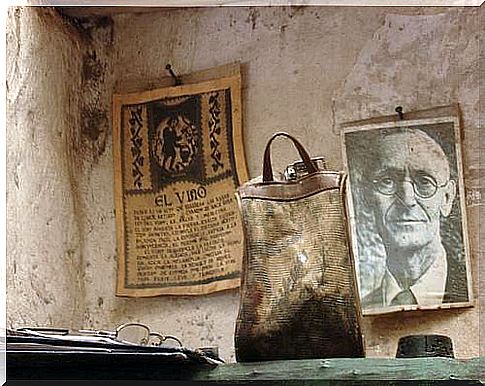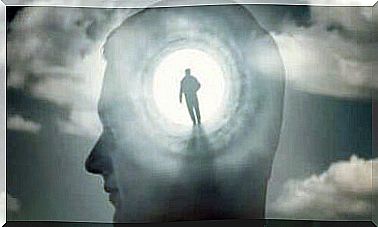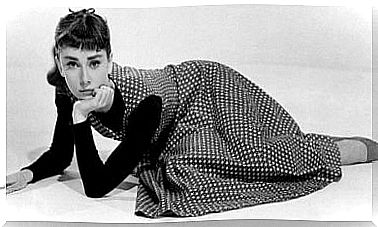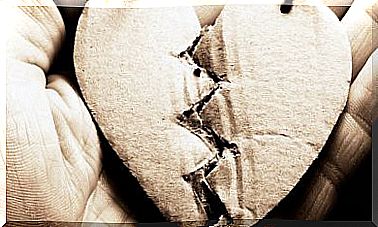Manias And Curiosities Of Some Genius Men

Each has its own oddities and peculiar ways of doing things. Some need absolute silence to work; others need to have black coffee, without fail, at 9 in the morning. Some need a certain color on the wall and some need a window to concentrate.
The great geniuses of history also had their own eccentricities. That’s what Mason Currey reveals in his book, “Everyday Rituals. How Artists Work”, recently published by Turner Publishing. He tells us about episodes in the daily lives of great men, and reminds us that we are all human, very human.
Currey speaks, for example, of a long list of genius men who were fanatical about alcohol. Francis Bacon, for example, drank six bottles of wine a day, slept through nights without problems, and ate more than he should. He had no problem combining sleeping pills or stimulants with his binge drinking and once said, “I often like to work with a hangover, my mind crackles with energy and I can think much more clearly.”
Hemingway was not far behind. Your drunkenness has always been memorable. Even so, every day he got up and started writing as if nothing had happened. He liked to place his typewriter on a pulpit that reached chest height and wrote standing up.
Toulouse-Lautrec was always drinking liquor and hardly ever slept. In his case it’s understandable, since he lived in cabarets. Maybe that’s why its existence was limited to just 36 years. James Joyce was also a model of order. Everything backwards. In addition to living drunk, he went through serious economic problems; it took seven years to complete his greatest work: Ulysses. He did this by overcoming eight illnesses and moving 19 times.
Marcel Proust, Nobel Prize for Literature and author of “In Search of Lost Time”, was full of compulsions. It took him a lifetime to write his great novel. He spent all his time in an apartment in Paris, in the middle of a room lined with cork to achieve greater hermeticism. He only had two coffees with milk and two croissants a day, although he sometimes allowed himself a few hearty dinners in the city’s restaurants. He used opium and caffeine tablets to be more alert, and he used sleeping pills to sleep.
Proust wrote much of his work in bed, as did Truman Capote, who stated without any fear that “I couldn’t think unless I was lying down” . The same was true of Descartes, who dispatched many of his reflections from his bed of rest.
There are many great geniuses with serious problems of insomnia and with a deliberate taste for working at night. Among these famous night owls is Pablo Picasso, who throughout his life went to bed late and rose at noon or more.
Beethoven was compulsive about cleanliness. He worked out some complicated ablutions, using so much water that it seeped into the lower floors. With that, he managed to upset more than one caretaker.
These are just a few samples of the oddities we all have, but which in the lives of geniuses arouse greater interest
Image courtesy of Emilio Garassino.








